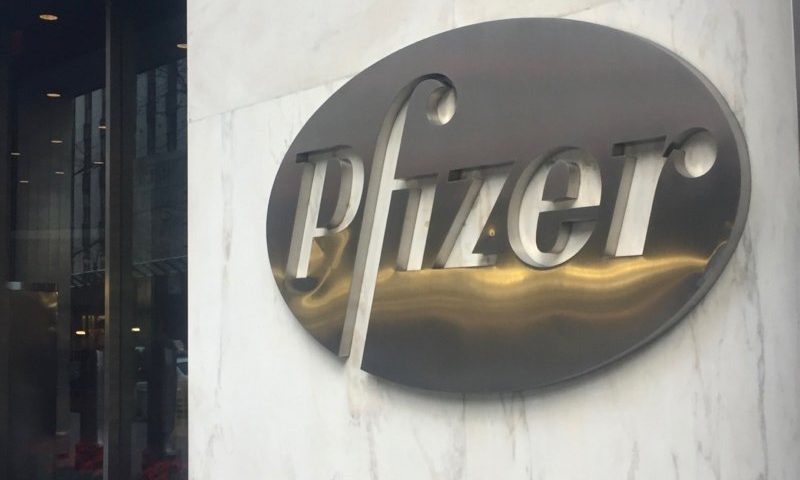Pfizer has paused (PDF) enrollment in a pivotal trial of its anti-BCMA bispecific antibody after seeing three cases of peripheral neuropathy in an earlier-stage study. The Big Pharma shared (PDF) the news alongside details of a delay to the start of the U.S. part of its Duchenne muscular dystrophy (DMD) phase 3.
In February, Pfizer took its BCMA bispecific elranatamab, also known as PF-06863135, into a pivotal phase 2 study on the strength of the 80% overall response rate it saw in 20 patients treated in phase 1. However, after dosing the first participant in the trial of relapsed and refractory multiple myeloma patients, Pfizer paused the study to give it time to gather information on a safety signal.
The pause was triggered by the discovery of three cases of peripheral neuropathy in the phase 1 trial. Pfizer had phase 1 data on 30 patients as of late last year but recruitment continued after that update. Investigators are aiming to recruit 80 patients.
Pfizer made no mention of cases of peripheral neuropathy, known as polyneuropathy when it affects many nerves, in its December update. The adverse event has been associated with a BCMA bispecific before, though. Amgen saw two cases of peripheral polyneuropathy in a 42-subject study of its rival bispecific AMG 420. The BCMA bispecific is no longer featured in Amgen’s pipeline.
Faced with its own BCMA safety concern, Pfizer has paused dosing in the pivotal trial while it shares additional information on the cases of peripheral neuropathy for the FDA. Dosing can continue in patients who are already benefiting from the therapy.
Pfizer disclosed the BCMA setback as part of a first-quarter update that also covered the status of its DMD gene therapy fordadistrogene movaparvovec, formerly known as PF-06939926. Dosing in a phase 3 trial of the gene therapy beegan at ex-U.S. sites late last year. However, Pfizer is yet to get the green light to start dosing at U.S. sites and does not expect to do so in the first half of 2021.
The delay stems from the FDA’s request for answers to questions about Pfizer’s IND filing, including queries related to its potency assay matrix. Last year, the FDA held up a phase 3 trial of Sarepta’s rival DMD gene therapy by asking the biotech to use a new potency assay. Sarepta now aims to start a trial designed to support approval around the middle of this year.
Pfizer looked set to build a lead over Sarepta when it began dosing in its phase 3 trial. However, the FDA’s request for additional information from Pfizer means Sarepta may have begun enrollment by the time U.S. sites begin administering fordadistrogene movaparvovec.
The first-quarter update also brought news of the discontinuation of two projects. Pfizer is stopping work on IL-10 drug Dekavil in ulcerative colitis and JAK3/TEC inhibitor ritlecitinib in rheumatoid arthritis.

